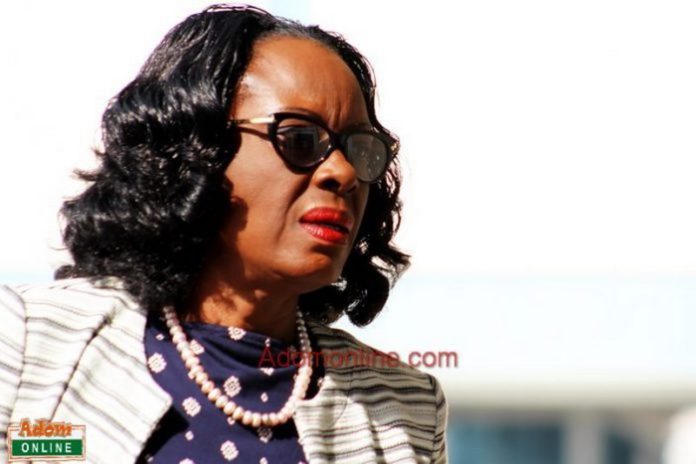The Attorney General’s Office says the contract handed international firm Kroll and Associates did not require parliamentary approval.
This is contained in a statement of case filed at the Supreme Court by Chief State Attorney, Sylvester Kow Williams on behalf of the Attorney General.
The case against Kroll and Associates
Musician Kwame Asare Obeng popularly known as A-Plus is in court asking that it orders the firm to refund 1 million dollars to the state because it’s contract is an international agreement that should have obtained parliamentary approval.
Represented by lawyers led by Nii Kpakpo Samoa Addo, A Plus says Article 181 (5) requires international agreements to go through parliament. This provision reads;
“This article shall, with the necessary modifications by Parliament, apply to an international business or economic transaction to which the Government is a party as it applies to a loan.”
The lawyers say Kroll and Associate is “a corporate body incorporated and registered in Wales and England”. They, therefore, say it is a legal character with an international identity.
The company is said to have been contracted in September 2017 through a performance service agreement to investigate allegations of wrongdoing and evidence of asset recovery and prosecution.
The government has since paid monies to the company despite a lack of parliamentary approval.
Reference is made to the famous Woyome case where the Supreme Court ordered a refund of monies to the state as a result of lack of parliamentary approval.
Attorney General’s case
The Attorney General’s Office however disagrees.
The Chief State Attorney says the agreement is not of the nature conceived under Article 181 (5) of the constitution. He argues despite being a transaction, the contract is not a business or economic transaction.
The AG’s office says the framers of the constitution did not intend to create a situation where all agreements simply because it involves an international company will have to be laid in parliament. This he says will burden parliament.
He, therefore, invites the court to make a distinction regarding agreements that ought to receive such approval and those that ought not.
He further argues that a contract not exceeding 1 million dollars cannot fall within an agreement that needs parliamentary attention. He also says because the company is to investigate wrongdoing, laying it in parliament will prompt persons involved to hide their ill gotten wealth.
OTHER STORIES:
Kroll and Associates controversy
The Auditor General Daniel Domelovo was the first to flag the transaction as he surcharged the Senior Minister who supervised the deal citing a lack of parliamentary approval and no evidence of work done.
Mr. Domelovo has since been asked to proceed on a 167 accumulated leave with some alleging his probe of the contract is to blame.
Government has rubbished such claims.
There is a pending case filed at the High Court by the Senior Minister seeking to set aside the surcharge

